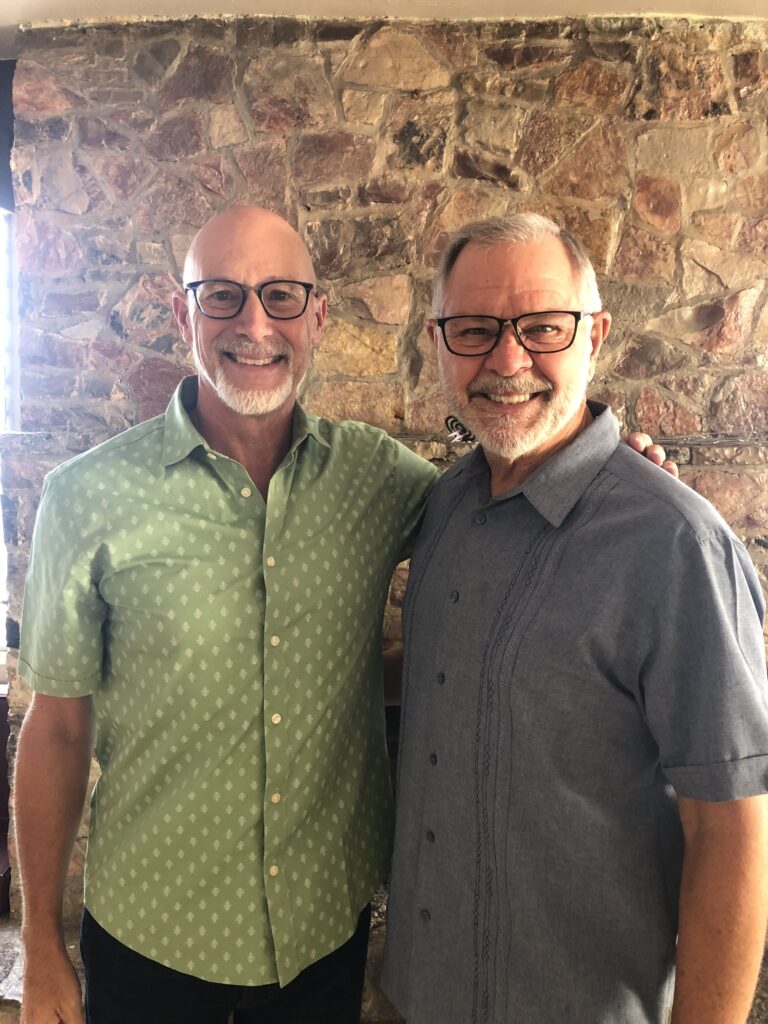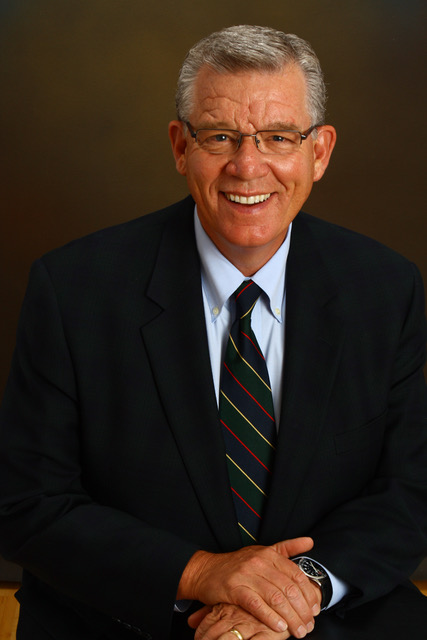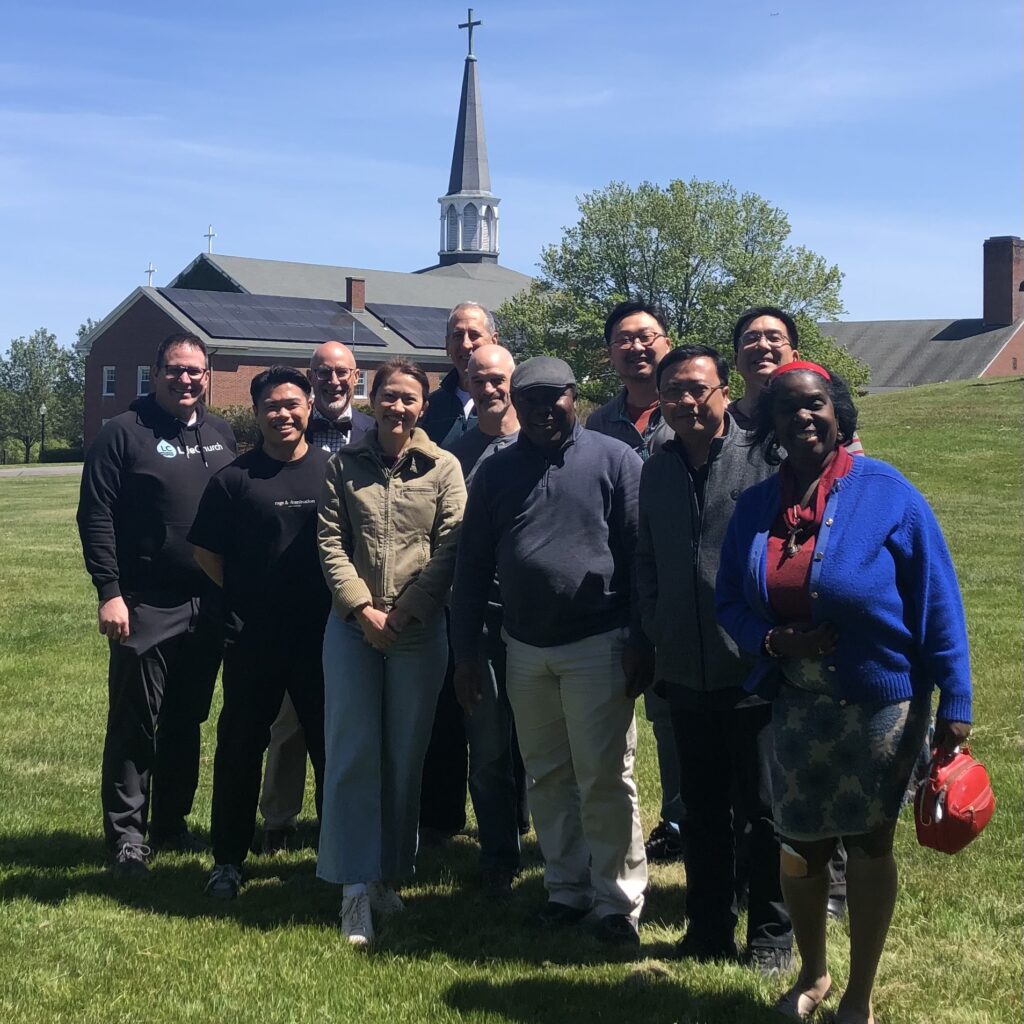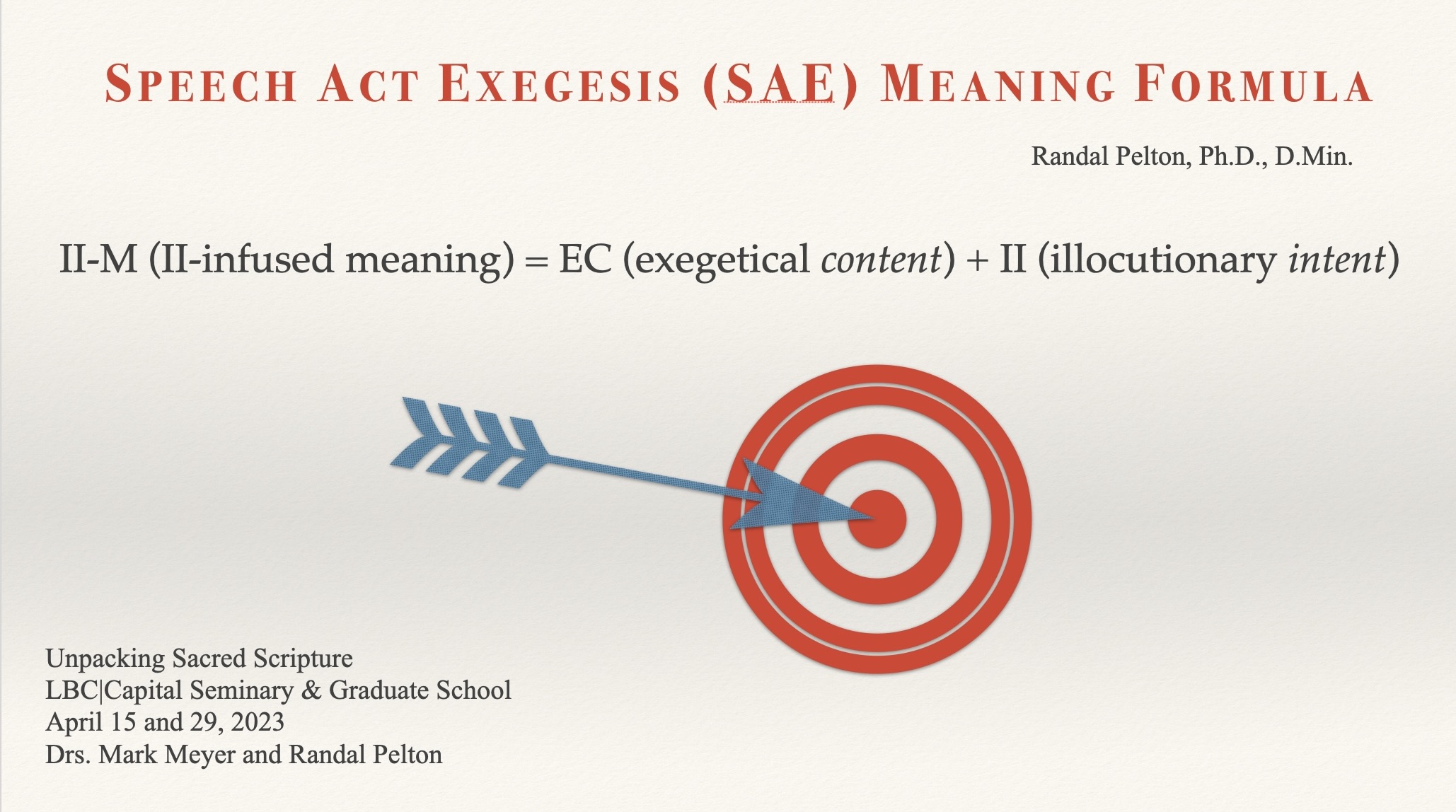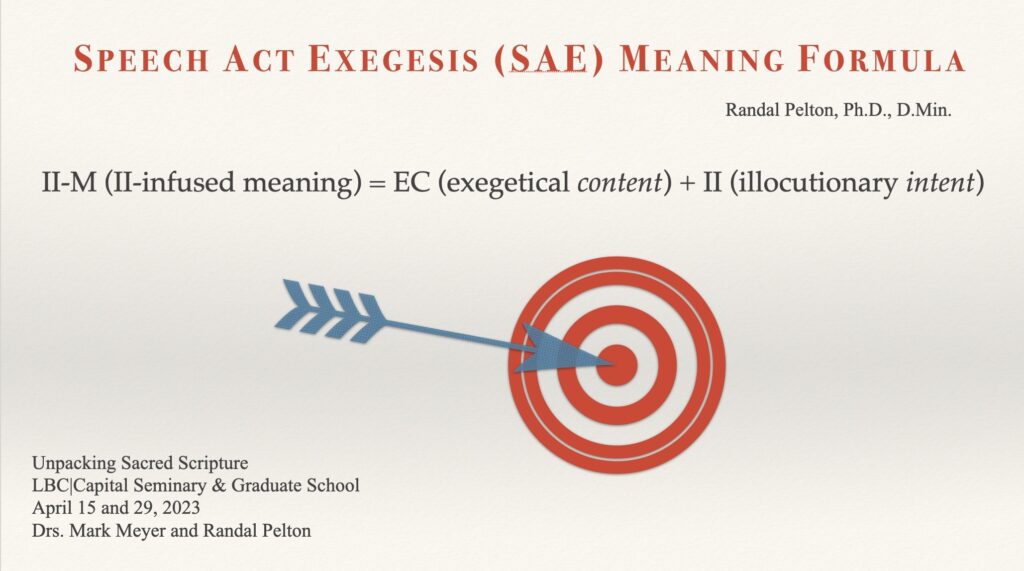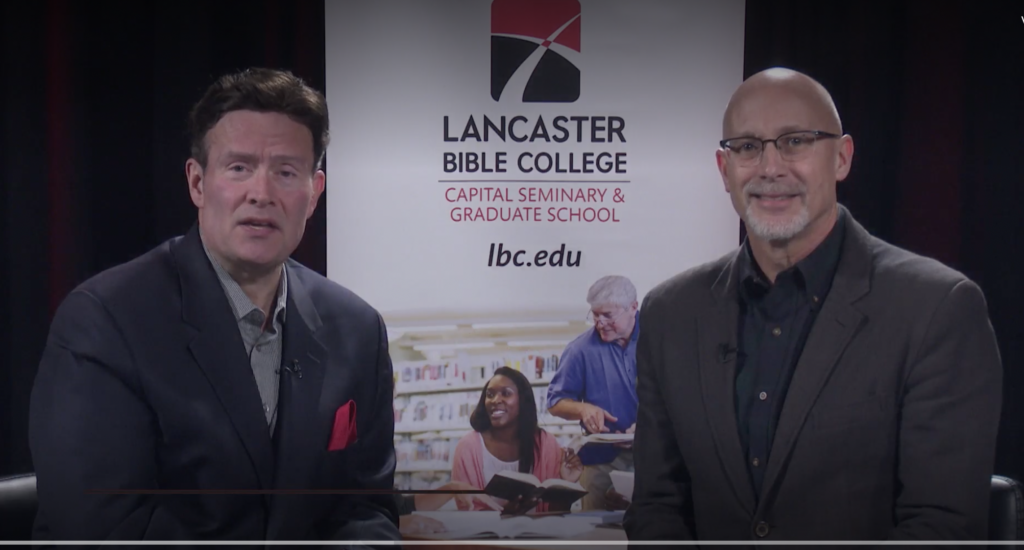I am writing this from Puebla, Mexico. Michele and I have the privilege of visiting with veteran missionaries, Bryan and Lori Smith. Bryan invited us to come and speak to their annual Intermission Conference. What a surprise to hear that a guy named, Roger Raymer, was also here! Roger was part of the Pastoral Ministries department at Dallas Theological Seminary while I was attending in the mid to late 80’s. We had a great reunion together. He graciously agreed to write a guest post for me.
First, a little about Roger. He he earned a ThM degree from Dallas Theological Seminary and a DMin from Gordon-Conwell Theological Seminary. For more than 30 years Roger served as a senior pastor and as an adjunct faculty member at Dallas Theological Seminary. Currently, Roger and his wife Judy serve with Avant Ministries providing pastoral care for missionaries in Mexico and at Rio Grande Bible College in south Texas. Roger also continues to teach in the Doctor of Ministry degree program at Dallas Theological Seminary.
Now, Roger’s guest post:
Preaching is daunting. We stand before our congregations preaching the Word of God by the power of the Spirit to change lives. I know that I cannot do that through imparting biblical facts alone. It is helpful to remind myself of the principles of persuasive rhetoric. Aristotle’s “pathos, logos and ethos” are truly “old school” but essential to communicate persuasively. The more modern terms are emotional, intellectual and ethical proof.
We use intellectual proof to convince our listeners of the accuracy of our interpretation through exegetical evidence and the logical argument of the text. Our congregations buy what we are saying intellectually.
Pastors have a high degree of credibility or ethical proof. Our personal integrity, education, and pastoral care cause our congregations to trust us and believe us.
Where we often fall short is in the crucial area of emotional proof. Pastors in the non-charismatic, evangelical tradition have tended to avoid almost any form of emotion in worship and preaching. However, emotion is not foreign to the biblical text. The Old Testament prophets voiced powerful emotions to touch hearts. We should touch the hearts of our congregations as well.
Emotional proof is more than tears and laughter. “Pathos” appeals to one’s hopes and aspirations through vivid word pictures of the positive consequences of obeying God’s Word. We touch hearts when we relive real emotion as we share a personal experience or illustration that affects us emotionally. If we tell a story with real emotion in our voice our listeners will be moved emotionally as well.
Why is this important? Usually, individuals will not base a life changing decision on information or logical facts alone. Intellectual understanding will move someone toward a decision but it often takes emotional proof for life change to take place.
Clearly, spiritual growth is the work of the Spirit. Our responsibility is to provide the rhetorical elements that the Spirit can use to change lives. After all, that is our goal – to change lives.


